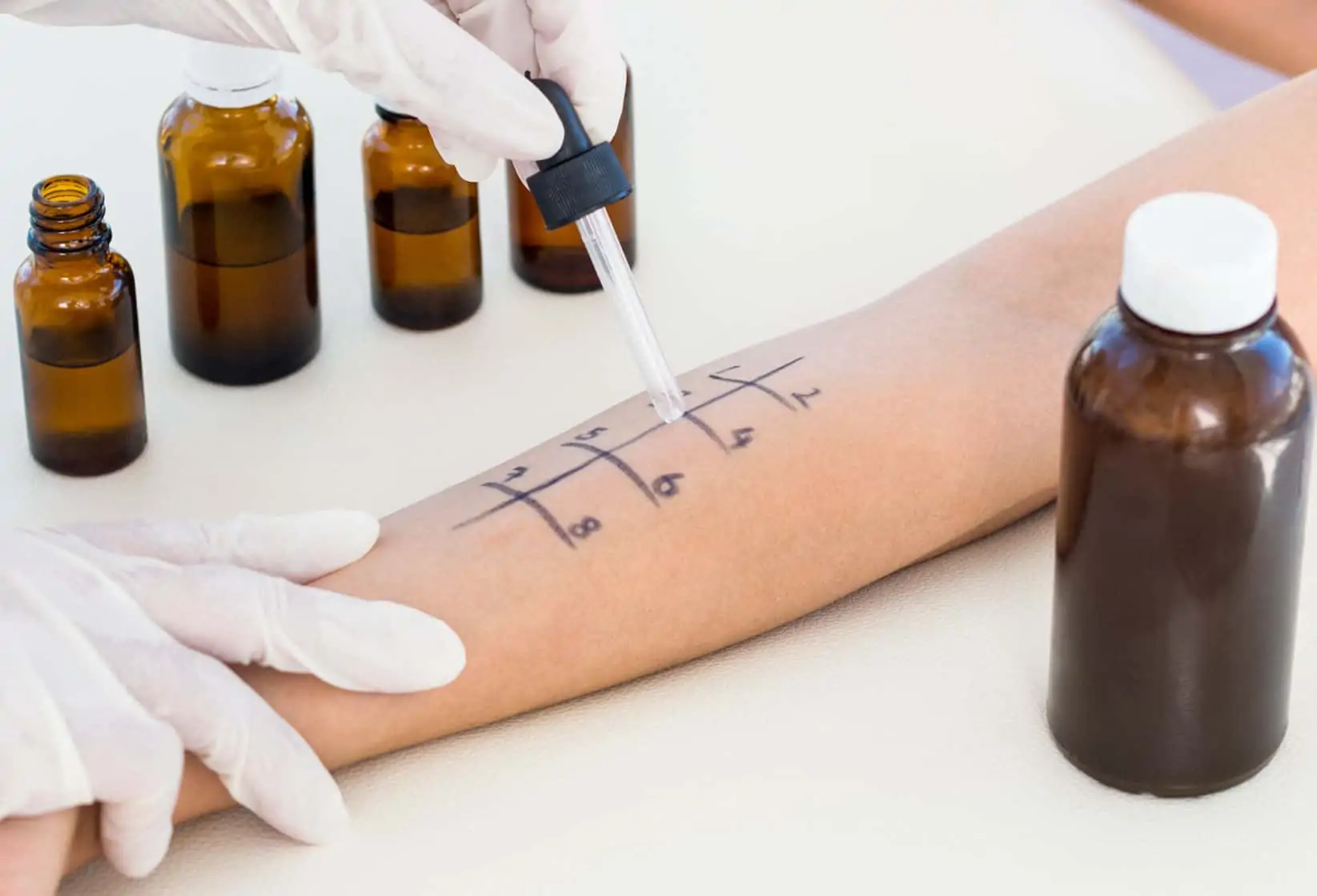Allergy
What causes an allergy?
Allergies begin when your immune system mistakenly identifies a harmless substance, such as pollen, as something that’s dangerous for your body. Then every time you encounter that substance, you have an allergic reaction.
Some of the most common allergens include:
- Airborne allergens: mold, dust, pet dander, and pollen from plants and flowers
- Contact allergens: poison ivy, nickel, latex, soaps
- Food allergies: milk, eggs, peanuts, wheat, tree nuts, soy, fish, and shellfish
- Insect stings: bees, wasps, and hornets
- Medications: penicillin, aspirin, ibuprofen
Children and adults who have food allergies also have a higher risk of developing allergic rhinitis (hay fever) and atopic dermatitis (eczema).
What symptoms develop if I have allergies?
For most allergies, the symptoms are directly related to the type of allergy. For example, contact allergens cause a skin reaction, while airborne allergens result in respiratory symptoms. This list includes the symptoms potentially caused by all types of allergies:
- Sneezing
- Runny nose
- Congested nose
- Itchy nose, eyes, or mouth
- Watery eyes
- Skin rash or hives
- Swollen area at the site of an insect sting
- Nausea, diarrhea, abdominal cramping
Allergies to foods, insect stings, and latex may cause a severe reaction called anaphylaxis. If that happens, you’ll experience symptoms such as difficulty breathing, swelling of your tongue and throat, and dizziness.
An anaphylactic reaction is a medical emergency that rapidly worsens and can lead to loss of consciousness and even death. At the first sign of a severe reaction, call 9-1-1 immediately and use your epinephrine injector.
What should I know about allergy testing and treatment?
Dr. Gergits reviews your medical history and talks with you about your symptoms and when they appear. If your symptoms clearly indicate a specific allergy, he may recommend a plan to avoid your allergens and treat your symptoms with antihistamines.
If your symptoms don’t improve, you already had severe symptoms, or your suspected allergens may cause an anaphylactic reaction, Dr. Gergits may perform allergy testing right away.
A skin prick test is done in the office. The test only takes 15 minutes, then your allergens are identified, and he can customize your treatment.
Some patients may be good candidates for immunotherapy. This treatment is commonly known as allergy shots, but at Sinus & Allergy Wellness Center, most patients get their immunotherapy in the form of allergy drops that go under the tongue.
If you have allergy symptoms, call Sinus & Allergy Wellness Center or book an appointment online.



